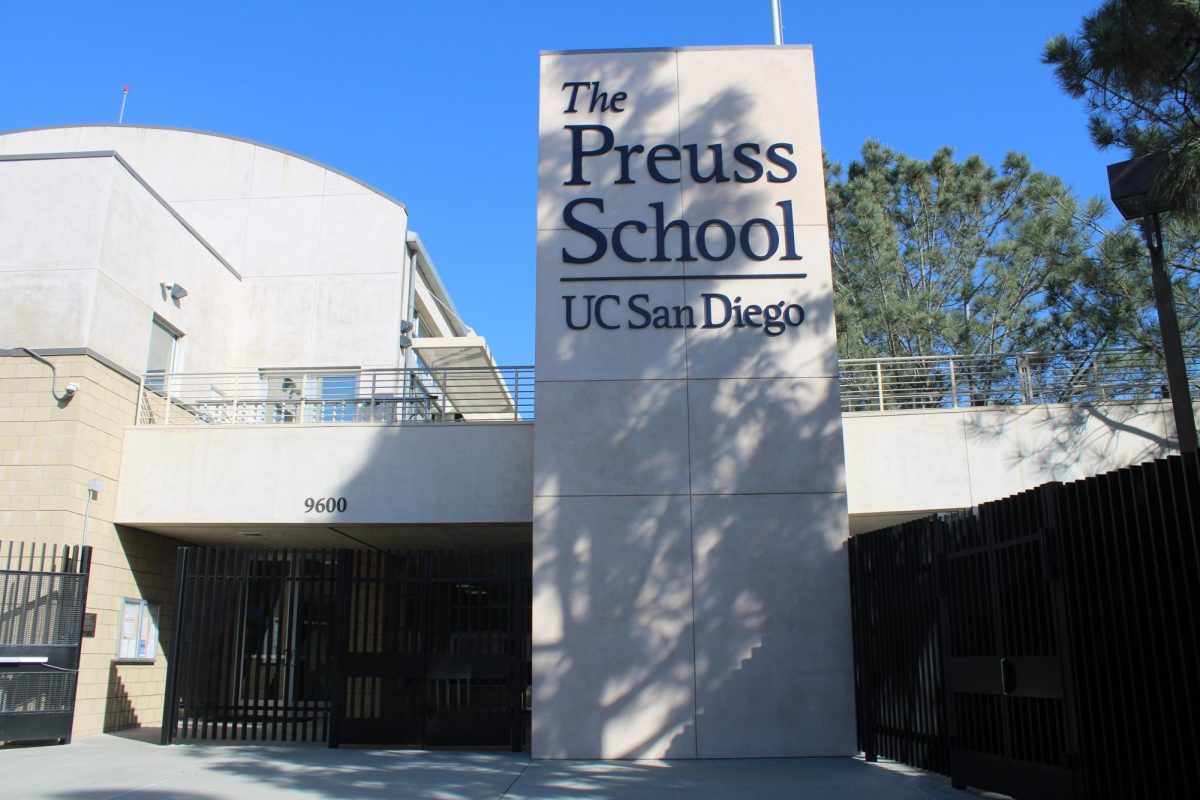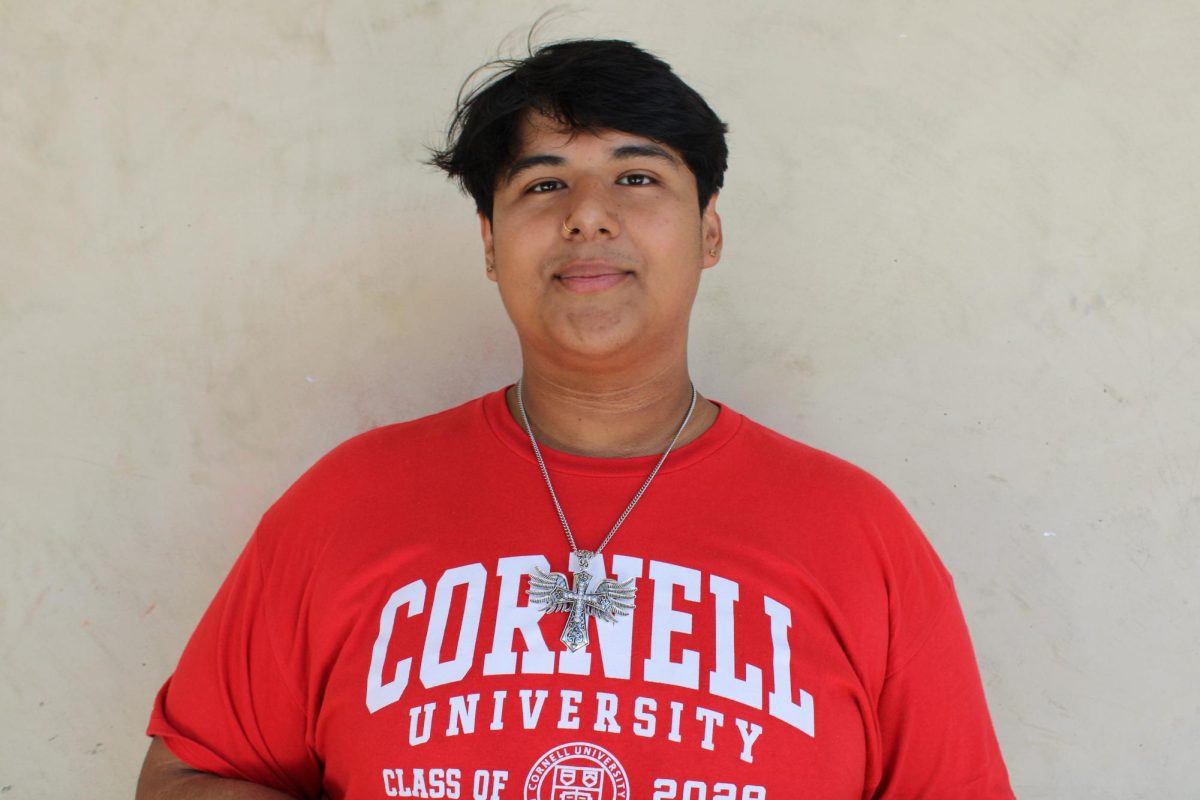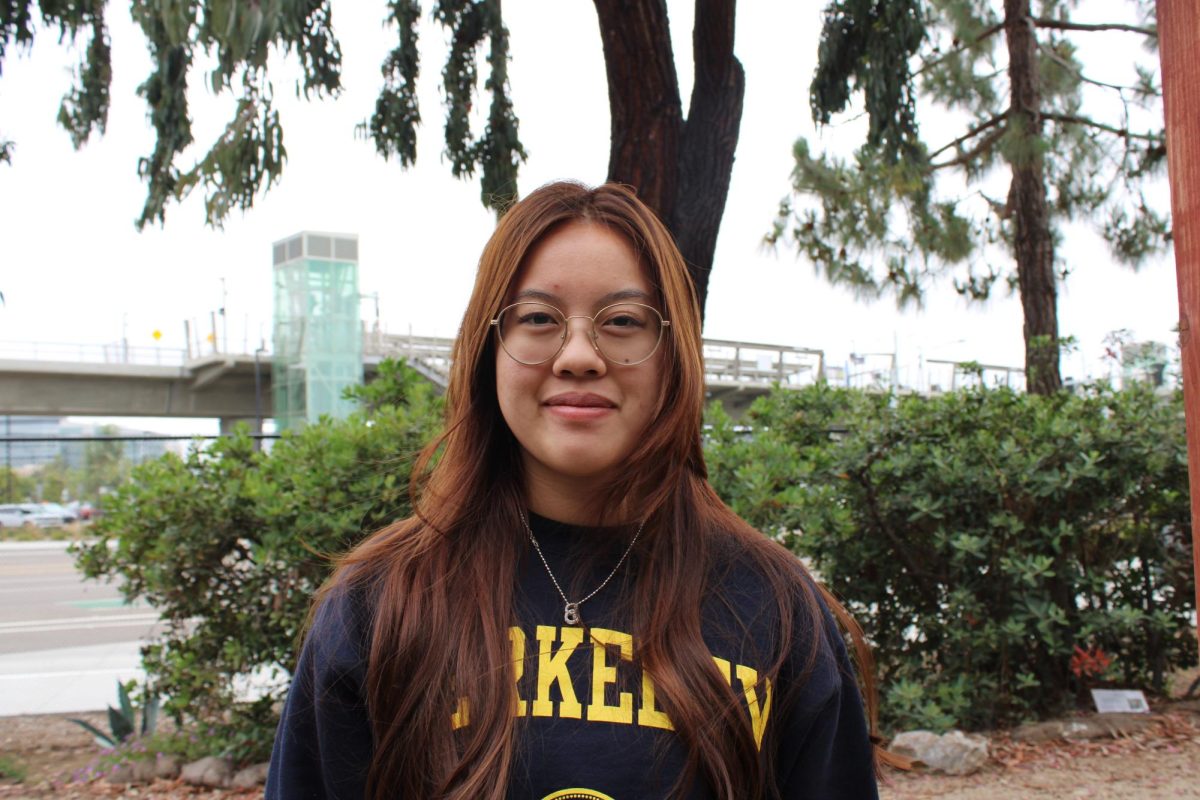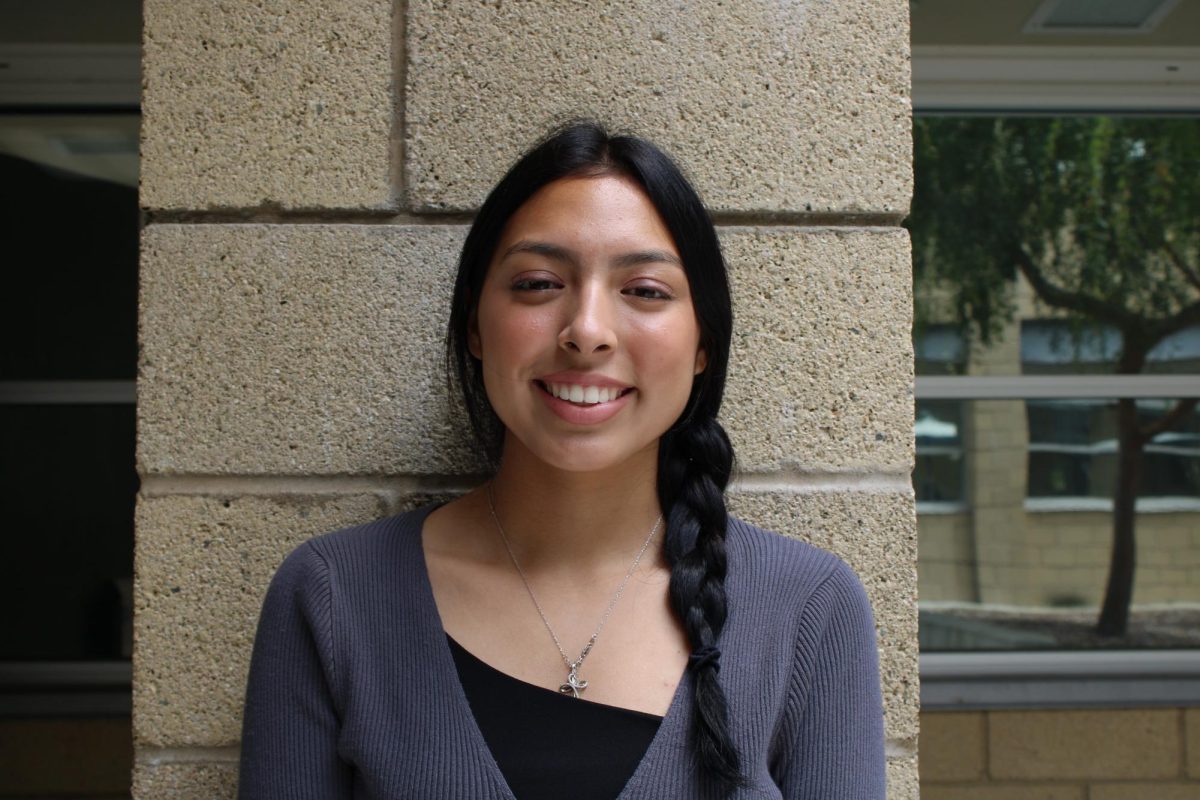Jamie Valdez (28’) and Nathalie Gomez (28’) get dropped off at school around 8:00 a.m. every morning with one hour to spend before school starts because their parents need to arrive at their jobs early. If Preuss started school at 8:35 and ended at 3:30 p.m. instead of 4:00 p.m., then Jamie and Nathalie wouldn’t have the problem of having so much time before school starts. Not only will they benefit from an earlier start following with an earlier release, but the rest of the Preuss community would also have more time for after school activities, they would also get home earlier to have family time, and complete chores.
The whole reason Preuss’s bell schedule starts at 8:55 a.m. was due to busing. When San Diego Unified supplied buses for us, they would pick up and drop off our students when they were done dropping off Unified’s students. After Senate Bill 328 passed in California, which mandated that schools could not start before 8:30, San Diego Unified’s schedule was too tight to fit Preuss’s, which is why school started at 10:00 am the year after we returned from the COVID-19 shut down. During that year, San Diego Unified discontinued our buses altogether. Preuss students now rely on the trolley or their parents for transportation, so there is no need to start so late because buses are no longer provided for scholars.
An earlier start and release time would be more convenient for students and staff who stay after school, because then they will have the chance to get home earlier. For example, teachers stay after school to complete grading or to plan new lessons, and many students stay for tutoring, volleyball club, finance club, soccer practice, or volleyball practice, that are usually an hour long. If school ended at 3:30, then after school activities could end at 4:30 instead of 5:00, and those 30 extra minutes could make a big difference. Most students have a one hour or more commute from school to home. Getting on the 4:36 p.m. trolley would allow them to get home around 5:30, which means they would hardly spend time in the dark once the sun sets earlier in the winter.
In addition, the entire Preuss community will be able to get home earlier which could improve their sleeping schedule. They would have more time to spend with their families, go to extracurriculars, and complete at home duties. If staff and students get to complete daily necessities earlier, then they can sleep earlier which will help with reducing stress and improve concentration for the next day of school. An article on the Peloton website, written by Jihan Myers suggests, “Better sleep also improves your mood and sharpens your focus.” This highlights how a better sleep schedule can help both students and staff members to arrive at school in a better mood and mentally prepared to learn or teach.
Others may think switching to start school earlier will be worse because waking up earlier could be dreadful. Many students oversleep which causes them to take later trolleys that make them arrive either fifteen minutes late, or nearly on time. If students continued to take later trolleys, then this would make the tardiness problem worse. On the other hand, if school started earlier, students would have to push themselves to wake up earlier, which not only forms better life habits, but also gives them the reward of having an earlier release time, such as more personal time or family time. If students still aren’t motivated to arrive early, then Preuss can reinforce a stricter punishment for being tardy: take their phones, not allow them on sports teams, and have parent conferences. An earlier release is allowing scholars to have more time for activities after school before it gets too late.
School days starting at 8:30 a.m. would benefit students, their families, and staff. They would have to sacrifice sleeping in, but it would be worth it to have a schedule that allows the Preuss community to have more time in the afternoon.







